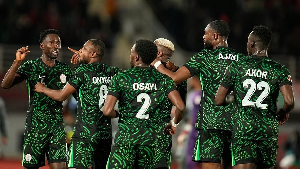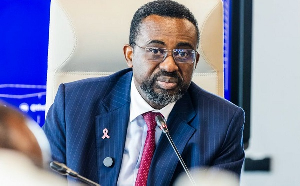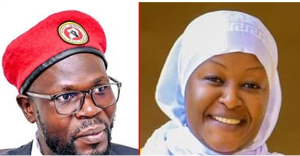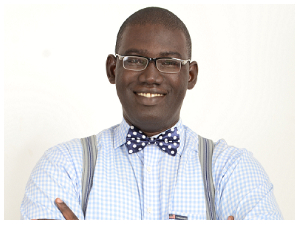Ghana is upbeat about securing one of the two available slots for Africa on the United Nations Security Council membership.
The country is counting on its many years of experience with the world body as it continues to serve the interest of the UN.
“The experience garnered by serving in these offices and the investments the country continues to make in both human and financial resources over the years in search of sustainable global peace and security will no doubt enable Ghana to creditably serve the interests of the international community.”
Ghana would slug it out with two Central African countries, Gabon and the Democratic Republic of Congo, to be elected to the non-permanent seat at the UN Security council (2022-2023)
The election is slated for June 11, 2021. The election of Ghana would be the fourth time it would be serving on the Security Council after serving on it in 1962-1963, 1986-1987 and 2006-2007 respectively.
Ghana’s campaign document available to angelonline.com.gh, titled “Enhancing Global Peace and Security for Sustainable and Inclusive Peace Development”, cited a number of the leadership role played by the country that has impacted positively on the continent and the globe at large.
“Ghana’s democratic credentials, political maturity and independent thinking, respect for the rule of law and human rights, strong advocacy for international law, socio-economic successes and her previous experience as a non-permanent member of the Security are testaments to the country’s readiness to play an active role as well as fully contribute to the work of the Security Council.”
Based on her strong belief in multilateralism, Ghana pointed out that it has pursued balanced and principled positions on issues on the agenda of the United Nations, in line with the tenets of Ghana’s foreign policy and the objectives of the UN Charter.
GHANA’S VISION AS A NON-PERMANENT MEMBER OF THE UNITED NATIONS SECURITY COUNCIL (2022-2023)
Ghana is committed to the critical agendas of conflict prevention, post-conflict reconstruction and multilateralism at the heart of the UN’s peace and security agenda. This should naturally include appropriate measures for early warning of emerging crises, and bringing the three pillars of the UN together in early warning, analysis and planning to prevent the outbreak, escalation, recurrence or continuation of conflict.
Ghana will bring her perspectives, influence and experience in sustainable development; peace and security; and the promotion of human rights in advancing the work of the United Nations Security Council especially at a time when the UN is mobilizing all Member States towards combating the COVID-19 pandemic. Ghana has recently obliged to play a supportive role in an internationally coordinated response to the pandemic. Having undertaken a similar assignment during the outbreak of the Ebola Virus in 2014, Ghana will seek to contribute effectively to addressing the security implications of health pandemics and to champion multilateral approaches to combating the COVID-19 pandemic and to recovering and building back better.
Ghana will continue to advocate for the implementation of the actions recommended by the High-Level Independent Panel on Peace Operations, such as improved strategic planning with a stronger focus on the primacy of politics, better force generation, enhanced safety and security, strengthened efforts to combat sexual exploitation and abuse, the continued development of performance standards and the comprehensive reform of UN policing.
On the basis of experience gained during her previous and current chairmanship of ECOVVAS and active membership of the AU, Ghana intends to encourage the strengthening partnerships between the UN and regional and sub-regional organizations such as the AU and ECOWAS in prevention, peacekeeping operations and in special political missions. Such cooperation and partnerships are particularly critical in order to enhance international collaboration and coordination of efforts to prevent and counter transnational peace and security threats.
Ghana will use her membership of the Security Council to address conflicts caused by environmental factors such as land degradation, desertification, drought and climate change.
General News of Friday, 28 May 2021
Source: angelonline.com.gh













